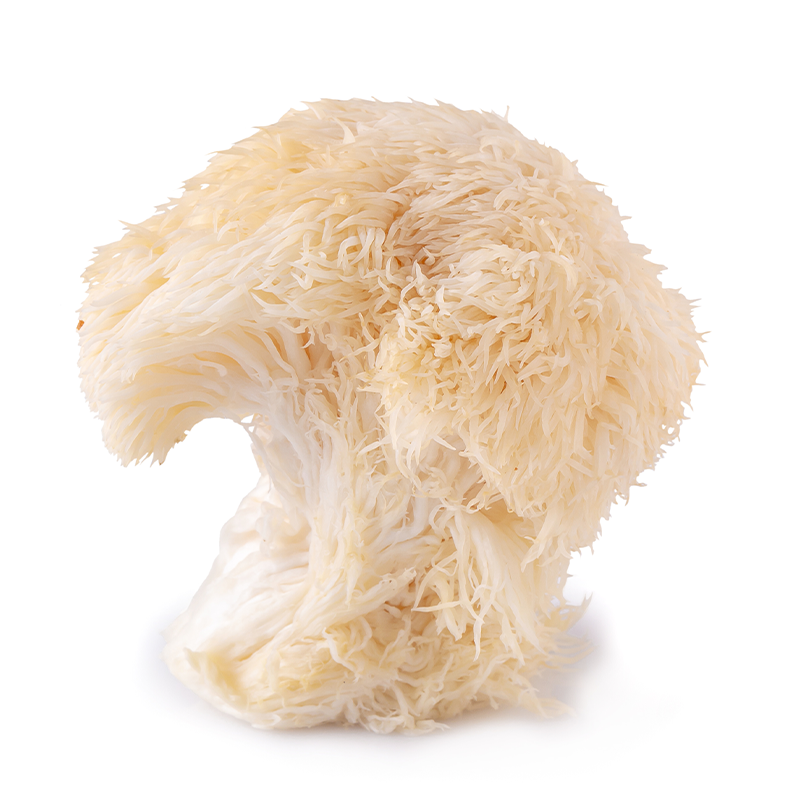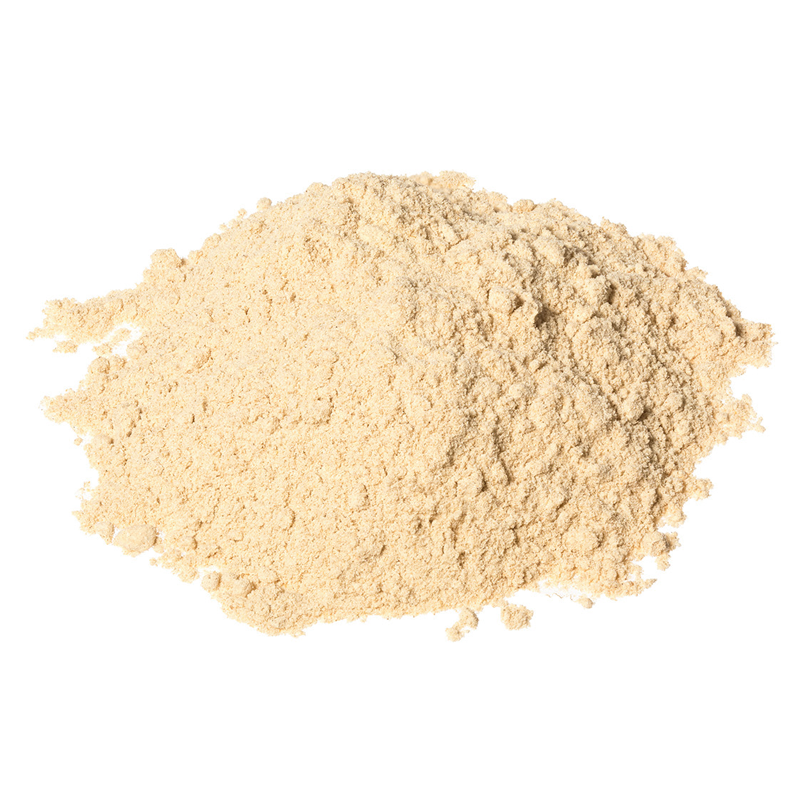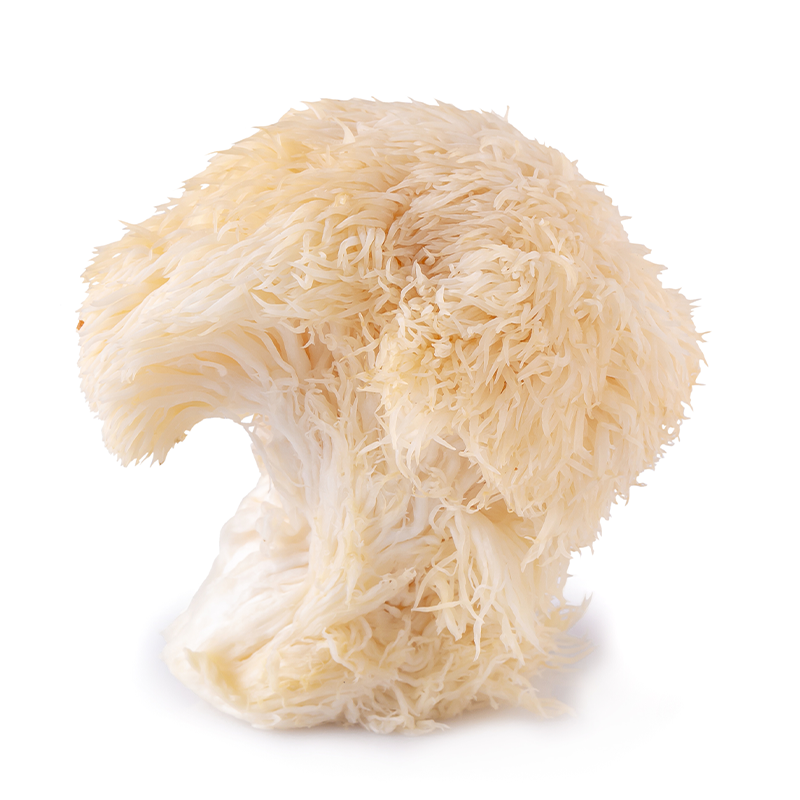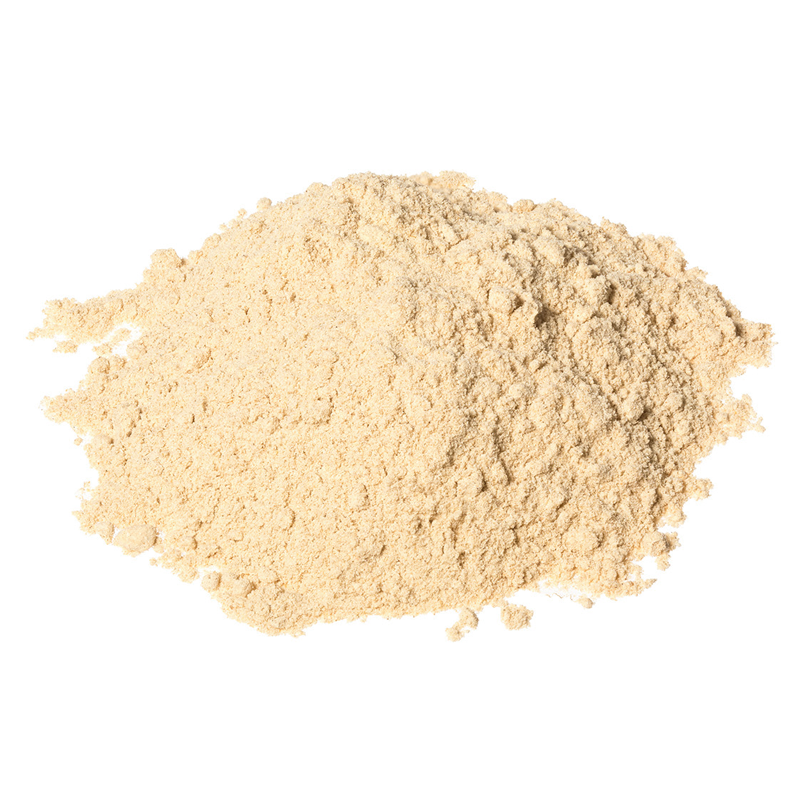Boost Your Cognitive Health with Antioxidant-Rich Lion's Mane
Lion's Mane Mushroom (Hericium erinaceum), also known as hou tou gu or yamabushitake, is renowned for its cognitive health support and nerve growth stimulation. High in antioxidants and beta-glucans, it's believed to improve concentration, focus, and memory. Lion's Mane may also possess anti-inflammatory and immune-boosting properties.
Used in culinary dishes for its seafood-like flavor, it's a nutritious addition to a healthy diet. Beyond cognitive benefits, Lion's Mane is explored for its potential in nerve repair and as a neuroprotective agent. Its popularity extends to nootropics for its perceived benefits in brain health and cognitive enhancement.
Please note: We typically carry both a 4:1 Extract Powder and dried, powdered Lion's Mane.
More About Lion's Mane:
Lion's Mane Mushroom Powder, derived from Hericium erinaceum, is a revered ingredient in both culinary and medicinal spheres. It's celebrated for its unique blend of bioactive compounds, including β-glucan polysaccharides, hericenones, and erinacines. These compounds are known for their neuroprotective and cognitive enhancement properties.
This mushroom's mild and slightly sweet flavor makes it a versatile culinary ingredient, often used to enrich the taste and nutritional value of dishes. Originating from North America, Europe, and Asia, it has a rich history in traditional medicine, especially in East Asian countries.
Lion's Mane is highly sought for its potential to support brain health, improve memory, and assist in neuroregenerative activities. Its popularity in the West has grown due to increasing interest in natural cognitive enhancers and nootropics. Lion's Mane Mushroom Powder is a symbol of the intertwining of ancient wisdom and modern health trends, offering benefits for both the mind and the palate.
Know Your Ingredient: Lion's Mane Mushroom
| Latin Name | Hericium erinaceum |
| Active Ingredients | β-glucan polysaccharides, hericenones, erinacines, isoindolinones, sterols, myconutrients |
| Classification Secondary Metabolite | Polysaccharides, Terpenoids, Isoindolinones |
| Flavor | Mild, slightly sweet |
| Common Use | Dietary supplement, cognitive enhancement, traditional medicine, culinary uses |
| Origin | Native to North America, Europe, Asia |




